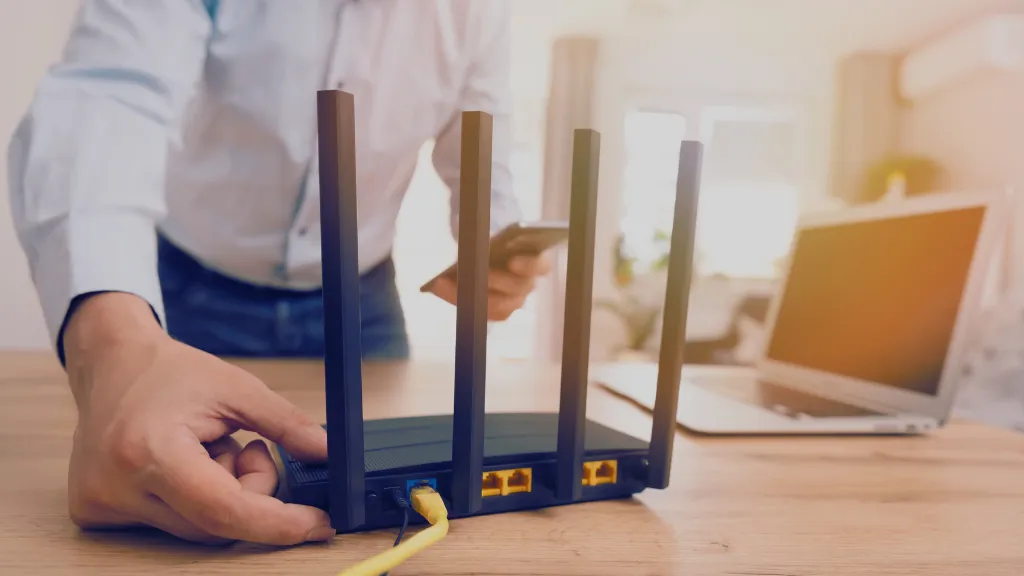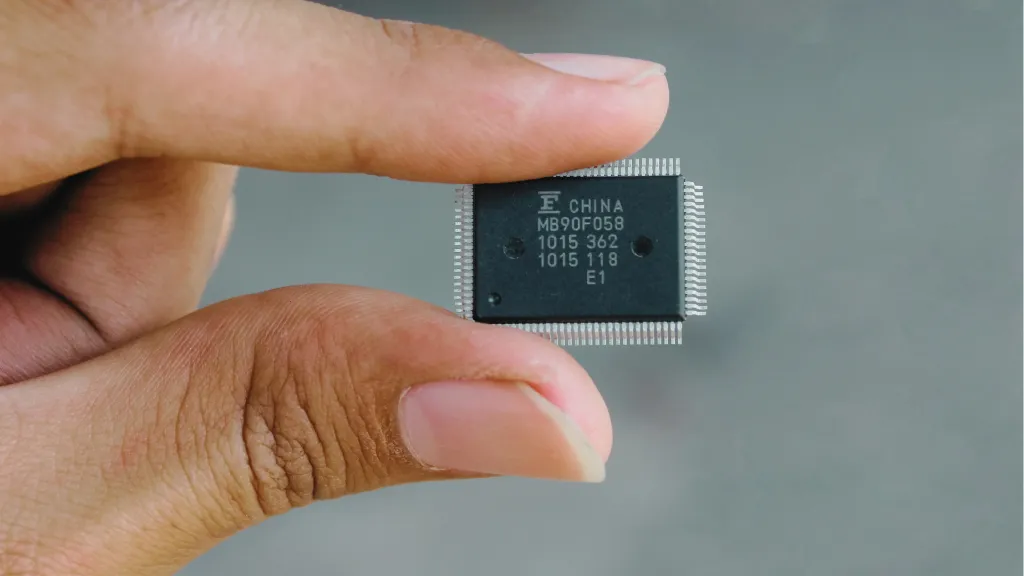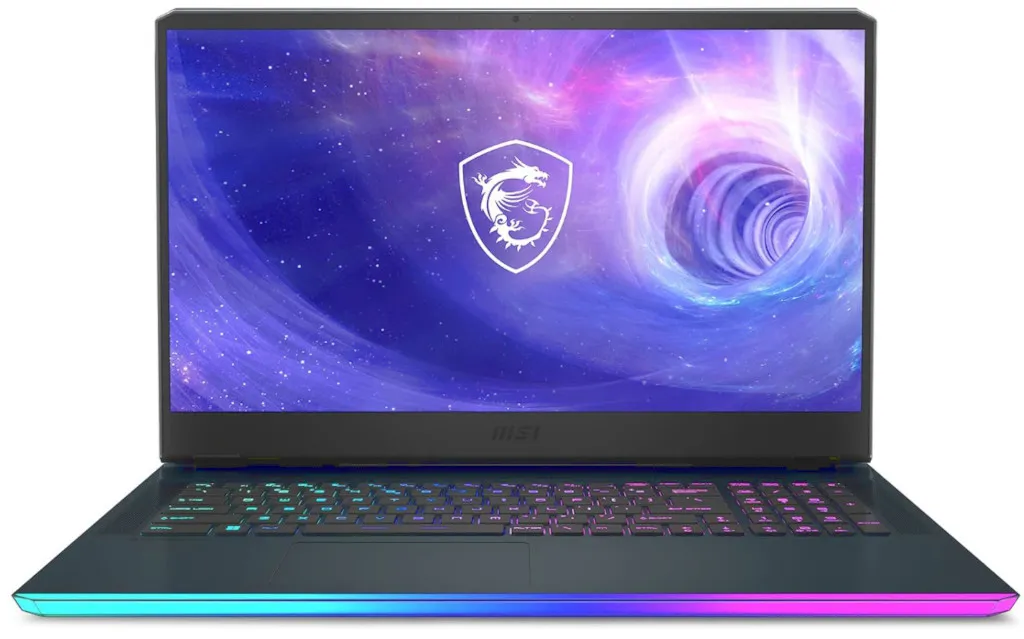Have you ever been in the middle of an intense online gaming session, only to find that your FPS is dropping? As a gamer, I know how frustrating it can be to experience lag and slow response times when trying to play your favorite games.
This led to a question: does the internet affect FPS?
This article will explore this topic and examine how various internet factors impact gaming performance. Online gaming has become a large part of our entertainment culture, and improving our gaming experience is important to us.
So let’s dive in and determine if our internet connection is the culprit behind our FPS issues.
Factors Affecting FPS

One factor that significantly impacts gaming performance is FPS or frames per second.
In simpler terms, FPS is how many images or frames your computer can produce in one second. The higher the FPS, the smoother the game will look and feel.
But what factors affect FPS? Let’s take a closer look.
First and foremost, the speed of your processor plays a significant role in your FPS. The faster your processor, the more data it can process, and the smoother your game. If you have an outdated or slow processor, you may struggle to keep up with the demands of modern games.
Another critical factor is the capacity of your graphics card. The graphics card is a crucial component for gaming on your computer because it affects the quality of the visual display. It’s responsible for rendering images and graphics on your screen.
If you have an older or low-capacity graphics card, your FPS may suffer. Upgrading to a higher-end graphics card can significantly improve your FPS and gaming experience.
Random Access Memory, or RAM, is another component that affects FPS. RAM essentially acts as the short-term memory of your computer. It stores data that your computer needs to access quickly. The more RAM you have, the faster your computer can process data and the smoother your game will run.
While these hardware components are critical to your gaming experience, they are not the only factors that impact FPS. Internet speed and stability also play a role. A poor internet connection can completely ruin your gaming experience.
When you play online games, your computer sends data to and from the game’s servers. This data is transmitted in small units called “packets,” The speed at which these packets are sent and received is called “latency.”
Latency significantly impacts your FPS because it can cause your computer to experience delays or “lag.”
Another internet factor that affects FPS is bandwidth. Bandwidth refers to the amount of data your computer can send and receive.
Sharing your internet connection with other users or activities like streaming, downloading, or uploading can impact the bandwidth available for gaming. Low bandwidth can cause your FPS to drop and may result in a choppy gaming experience.
Packet loss is another issue that can impact FPS. When packets of data travel across the internet, sometimes they get lost along the way. This can lead to in-game glitches and skips and affect your FPS.
Offline gaming does not require an internet connection, so the impact of all the above factors is negligible. Moreover, when playing offline, the GPU, CPU, and RAM are the major determinants of FPS.
Related: Does RAM Affect FPS?
Impact of Internet on FPS
Latency and lag issues are the most common reasons your FPS may suffer due to your internet connection. Latency refers to the time it takes to send data from your computer to the game’s servers.
The longer the latency, the longer it takes for the game to respond to your actions. This can delay your game’s response, causing your FPS to drop.
When your game lags, your computer struggles to keep up with the game’s data demands. Lag can occur when your computer doesn’t receive data from the game’s servers in time. This often leads to buffering and long response times, ruining your gaming experience.
Another issue that can impact your FPS is bandwidth limitations. When you play an online game, your computer sends and receives data packets.
However, if you’re sharing the internet with others, there may not be enough bandwidth available for smooth gameplay. In this case, your FPS may significantly drop, leading to frustration.
Packet loss is another issue that can negatively impact FPS. When data packets travel from your computer to the game servers and vice versa, they can get lost, and this causes your game to lag or freeze.
Like bandwidth limitations, packet loss can lead to a drop in FPS, making the game almost unplayable.
While these issues are frustrating, there are steps you can take to improve your internet’s impact on FPS. Improving your internet connection speed is a good place to start.
A faster internet speed lets your computer send and receive data packets in real-time, reducing lag time and boosting your FPS.
A wired internet connection can also help minimize latency and lag issues instead of Wi-Fi. A wired connection is often more stable, and you’re less likely to encounter connectivity issues. Alternatively, you may consider upgrading your Wi-Fi router for better wireless performance.
Another solution is to optimize your online gaming settings. Games will often have graphics and performance settings specifically designed for online play. Optimizing these settings can minimize the bandwidth required to play the game online, ultimately improving your FPS.
Finally, using a gaming-oriented VPN service is a good option to improve your internet connection when gaming. A VPN service can help reduce latency by connecting you to game servers closer to your location. Additionally, a VPN service can help reduce connectivity issues by improving security over unsecured or public networks.
Solutions for Improving FPS
Upgrading your hardware is a great option for improving FPS performance. If you have an outdated or low-end graphics card, upgrading to a higher-end model can significantly improve your FPS.
For instance, AMD has provided gamers with GPU solutions that offer budget-friendly and high-end options for gaming enthusiasts. Check out my guide on Ryzen 5 vs. Ryzen 7 before purchasing an AMD processor. Similarly, upgrading your processor and RAM can also boost your FPS.
By improving your hardware, your computer can process game data faster, leading to a smoother gameplay experience.
Optimizing your game settings is another effective way to boost your FPS performance. Reducing graphics quality, decreasing resolution, and disabling features such as shadows and anti-aliasing can reduce the strain on your computer and boost FPS.
Though most gamers prefer high-quality graphics, sometimes gaming on lower graphics settings comes with the advantage of higher FPS, which is important if you want to enjoy a smooth and responsive game.
Improving your internet connection is just as important as improving your FPS. Faster internet speed can help reduce network latency and ensure smooth gameplay.
Rebooting your router is an essential step you can take when you encounter internet connectivity problems. You may consider upgrading to a better internet package if the issue persists.
This may include using modern fiber-optic cables, as they provide lightning-fast internet speeds with low latency, eliminating latency issues due to internet connectivity.
Using a gaming-oriented VPN service such as ExitLag, NordVPN, or Mudfish is another solution that can help you to improve your FPS. A gaming VPN service helps reduce your internet latency and improves your online gaming experience.
You can reduce lag time and improve FPS by providing a virtual location closer to the game’s servers.
Overclocking could be another solution to boosting FPS. Overclocking is essentially the process of configuring the hardware settings of your computer to improve performance.
When you overclock your hardware, you can run your computer at higher speeds than the performance it was designed to work with. Before overclocking your hardware, it’s essential to consult with a professional, as it can be risky and cause system failures if not done correctly.
Finally, optimizing your computer’s power settings can also help improve your FPS. Setting your power plan to “High Performance” can enable your computer to work faster than at a slow pace in “Power Saver” mode.
This mode helps you to fix micro stutters that may be experienced in low-power modes.
Conclusion
Several solutions can help you improve your FPS performance. Upgrading your hardware, optimizing game settings, improving your internet connection, and using a gaming-oriented VPN service are all effective ways to boost your FPS.
Overclocking your hardware and optimizing your computer’s power settings can also significantly impact you. It’s essential to identify the root causes of your low FPS performance and identify the solutions that can work best for you.







